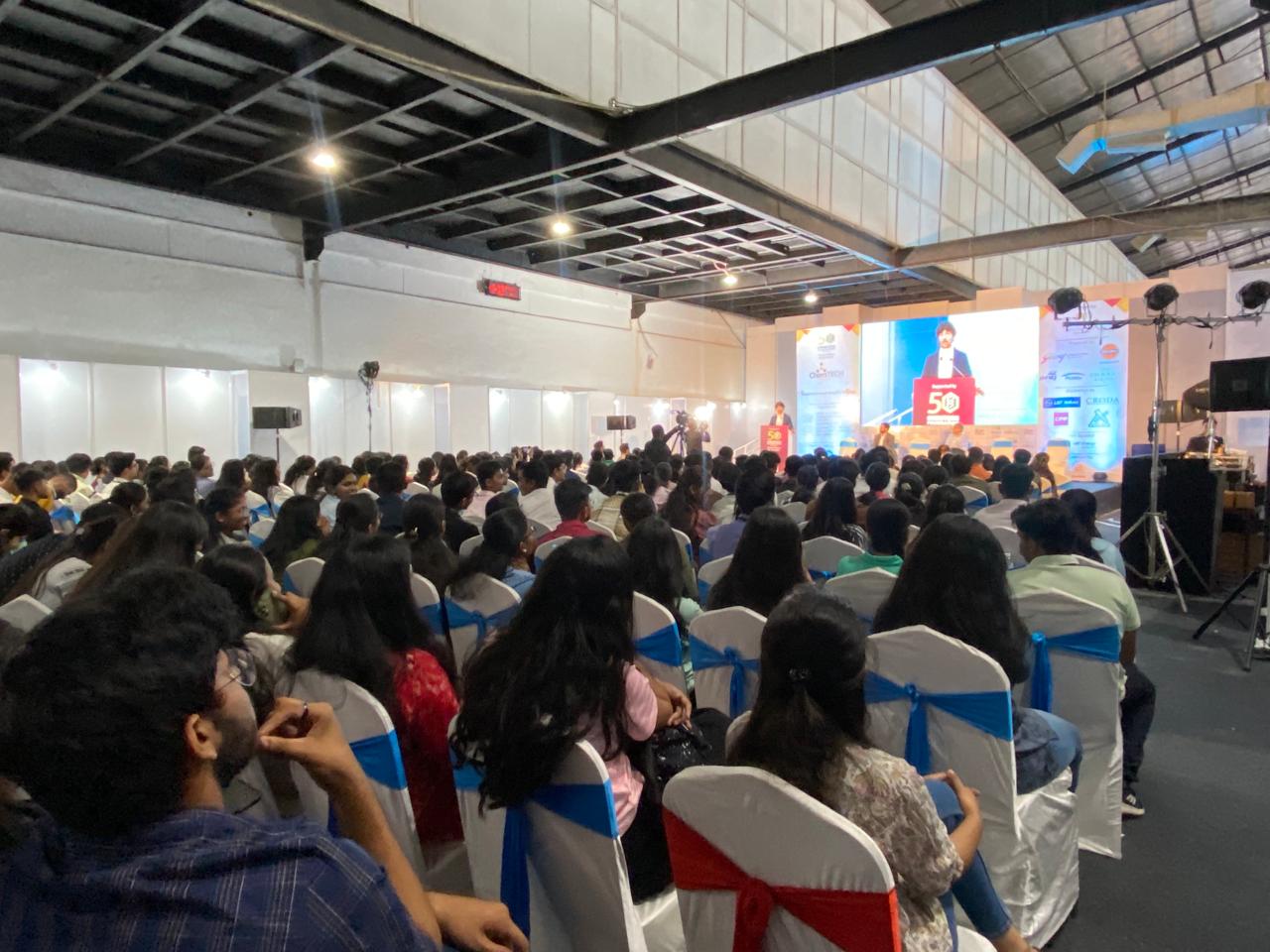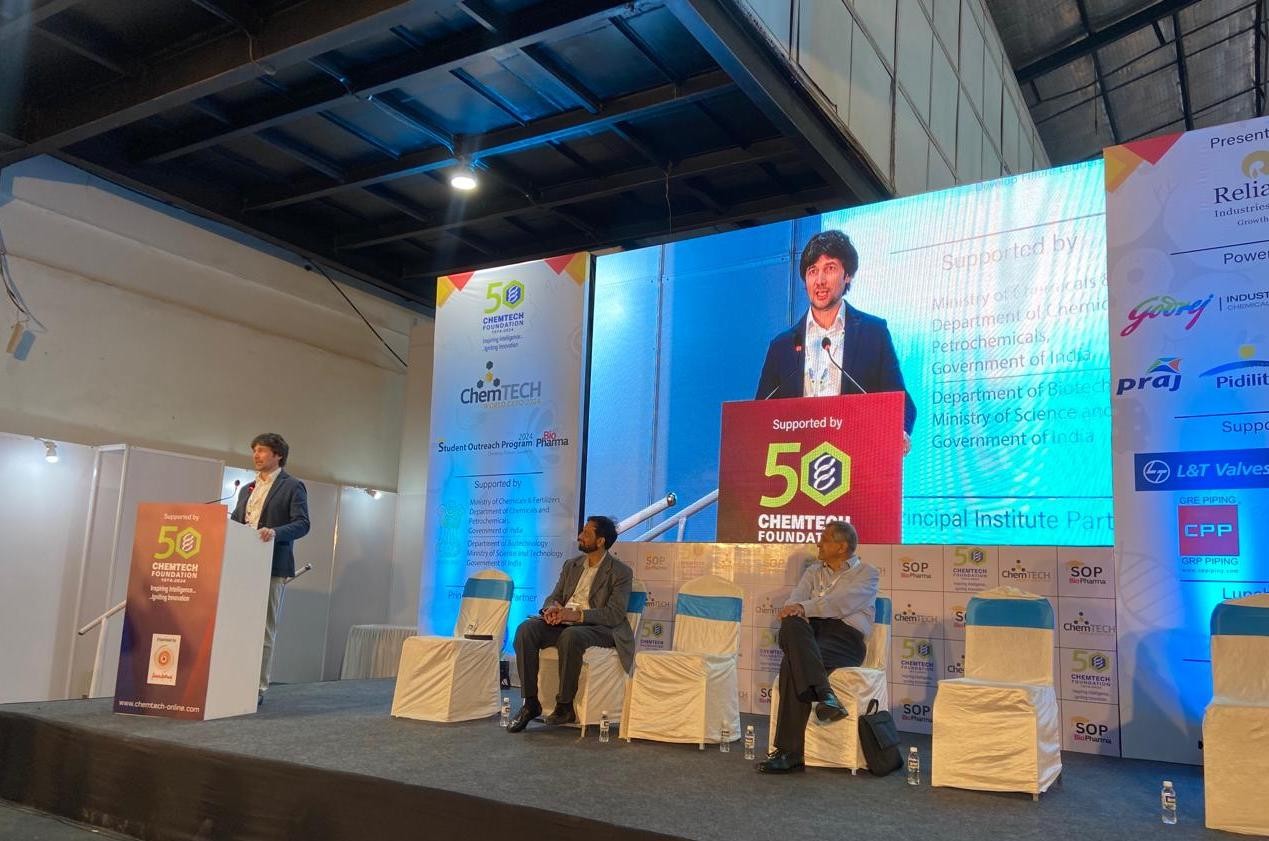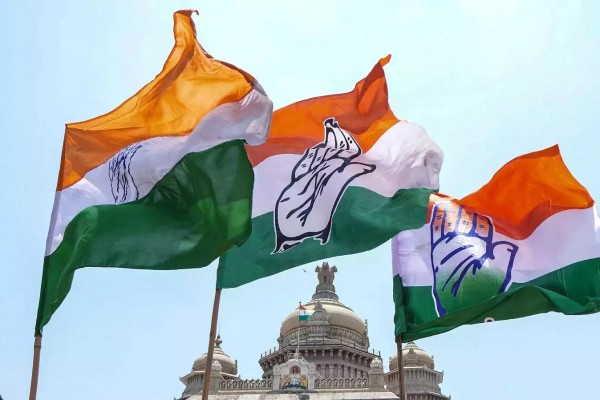Alexey Ivanov emphasized the importance of diversity for sustainable and effective economic development.
On March 5, Alexey Ivanov, Director of the BRICS Competition Centre, spoke to students of chemical-biology departments of Indian universities during the ChemTECH World Expo 2024 in Mumbai (India). He focused on the concept of diversity and its relevance for economists and lawyers dealing with competition issues, as well as for biologists and chemical engineers.
Diversity underpins more inclusive and efficient economic development. The more different types of economic agents around us, the more sustainable economic growth will be. However, due to the specific features of the digital economy, we are increasingly neglecting diversity. Digital platforms proliferate, accumulate capital and become monopolies. Network effects emerge: the more consumers use a product or service, the more valuable it becomes for all. The platform attracts more and more users, increases its control over a huge amount of data, and strengthens its market power. It is almost impossible to compete with such big players. This creates a monopolized, unified digital environment where there is no room for diversity and wide choice.
Similar trends can be seen in a wide range of sectors, including pharmaceuticals and agriculture, where large companies are betting on monocultures at the expense of biodiversity and sustainability in favor of short-term efficiency.
"When we favor one thing, albeit a good thing, over the principle of diversity - in the long or even medium term it always leads us to unsustainable results, to failure,"
Alexey Ivanov emphasized.

Antimonopoly legislation has also undergone unification and has largely lost much of the flexibility and political energy needed to bring a more diversified approach to economic regulation. There is a need to protect the interests of small businesses and strengthen enforcement against the big players. Particularly in the case of mega-deals like the Bayer-Monsanto merger.
In India, giant corporations have begun to control local seed companies, which has led to the creation of seed monopolies. Seeds have become the "intellectual property" of players like Monsanto, for which corporations demand royalty payments from farmers. In addition, corporations control the issuance of seeds safety certificates, which limits the biodiversity of cultivated crops.
"It is very difficult to have a political discussion on public interest when there is an opposing force of global corporations with their financial resources, lobbyists and professional negotiators,"
said the director of the BRICS Centre. He expressed hope that the new generation of scientists and professionals will be able to meet these challenges and urged students to strive to diversify their educational trajectories, among other things. The experience gained in good Western universities can be supplemented by studying in the BRICS countries to get a more objective view of global economic processes, he said.
At the end of the meeting Alexey Ivanov talked about the work of the BRICS Competition Law and Policy Centre. In particular, he spoke about the program to ensure access of the population of developing countries to biosimilars — generics of expensive innovative biotechnological drugs that are highly effective in the treatment of a number of hard-to-treat diseases, such as cancer and orphan diseases. The BRICS Centre is developing the program in collaboration with India's Institute of Chemical Technology.
"Prices for such drugs can reach $3.5 million per dose, meaning they are completely unaffordable for most people in the world. At the same time, pharmaceutical companies do not provide accurate data on how much money was spent on the production of these drugs and how justified such a price tag is,"
Ivanov noted.
The challenge for competition authorities is to find a balance between the interests of business and consumers. The focus on balance and diversity is something that the antitrust and biomedical communities have in common, as drug development and prescribing must consider the balance of efficacy versus toxicity dangerous to the patient.
"Diversity unites and gives us hope that through diversification and inclusion, we can build a better world with your help. Look for opportunities for balance, for the golden mean — I hope this is how you can lead the world out of the impasse it finds itself in,"
the BRICS Centre Director said to the students.




